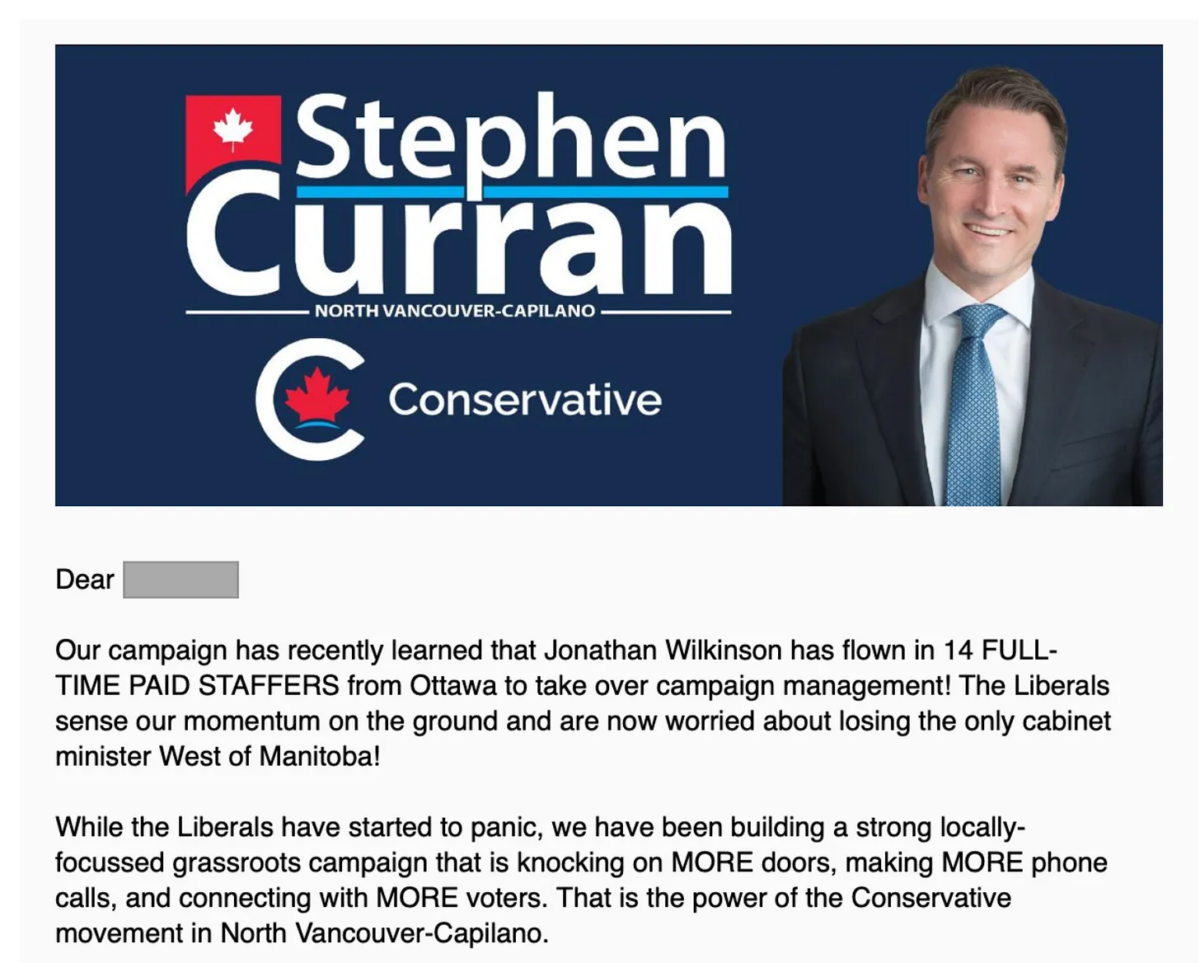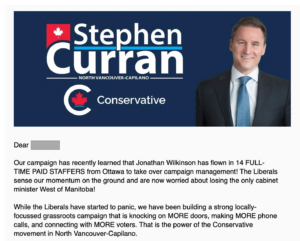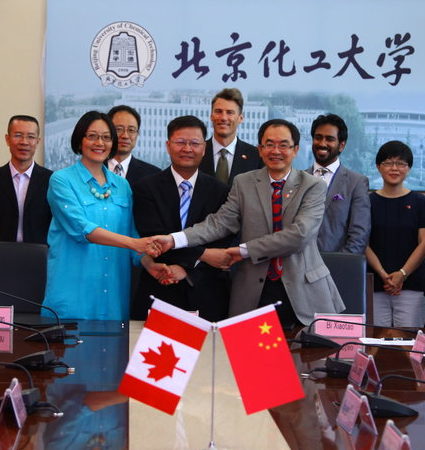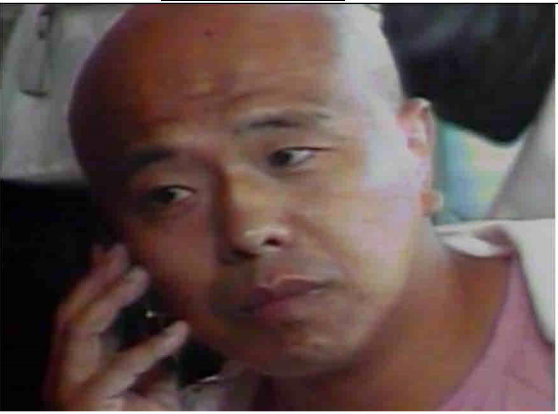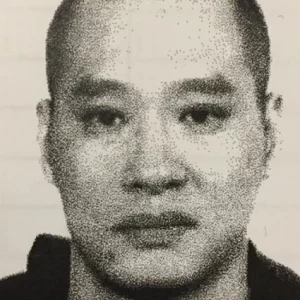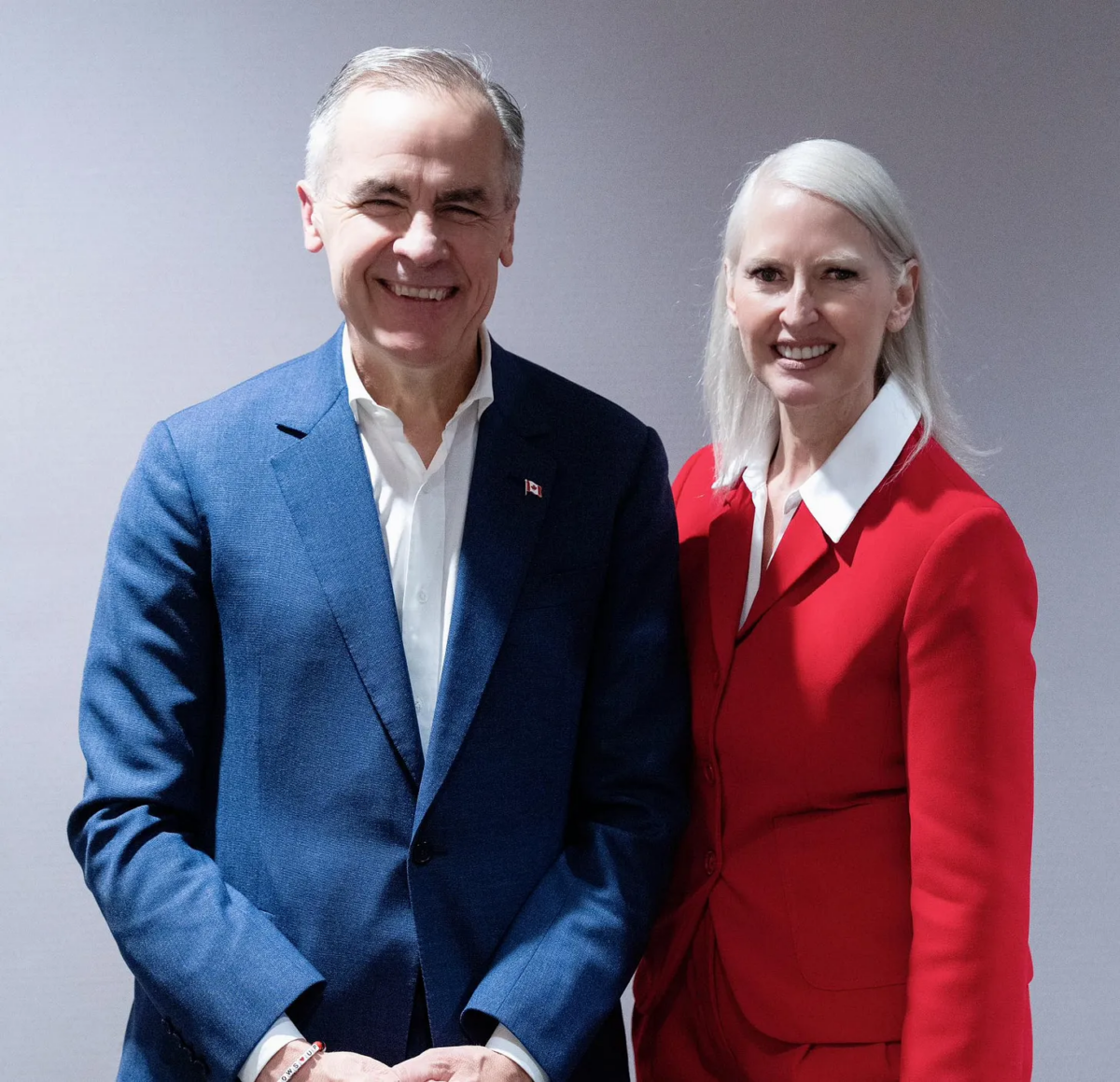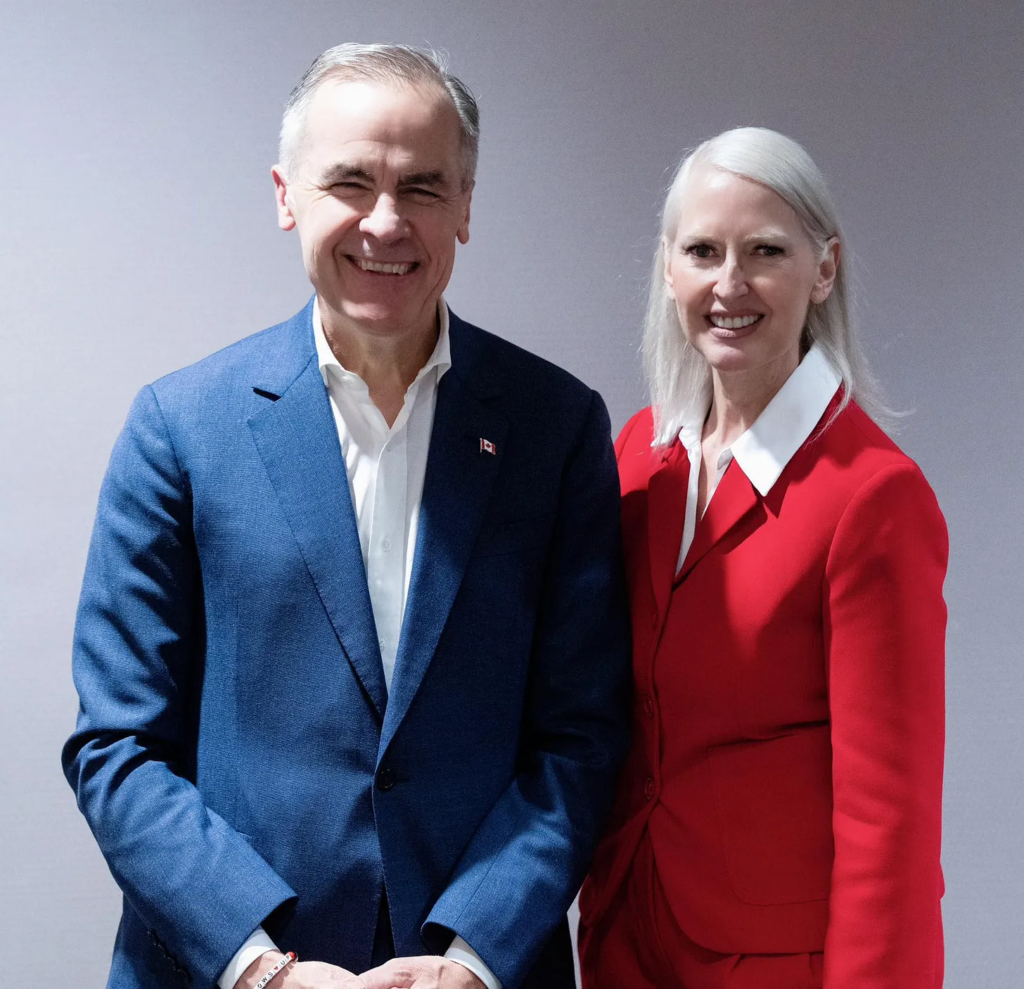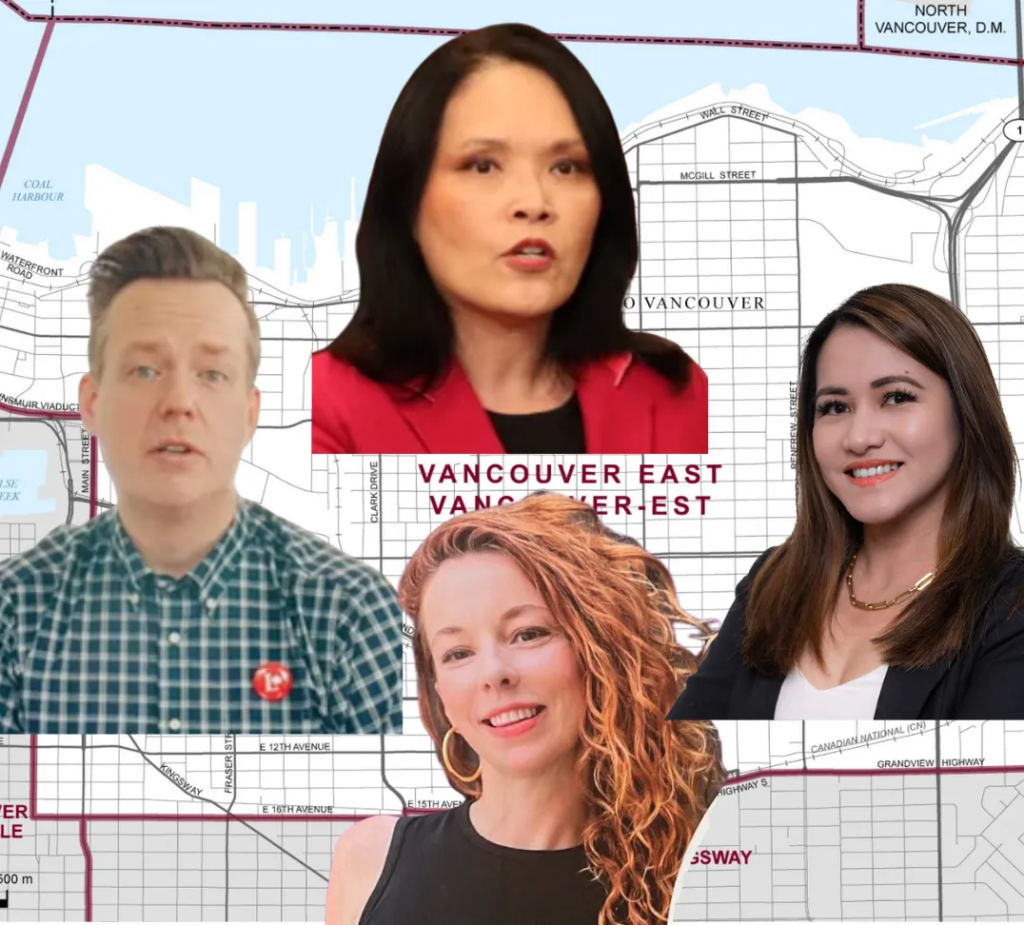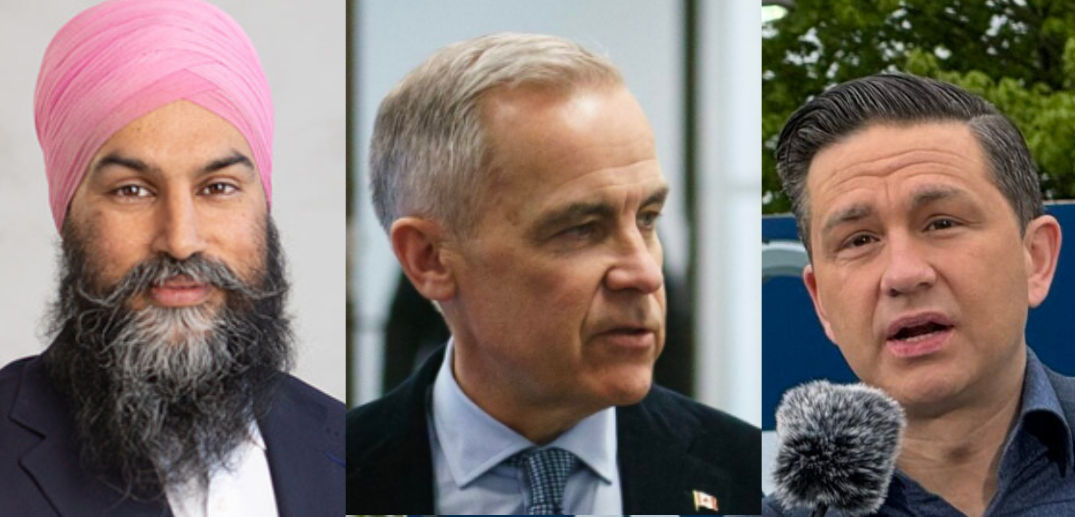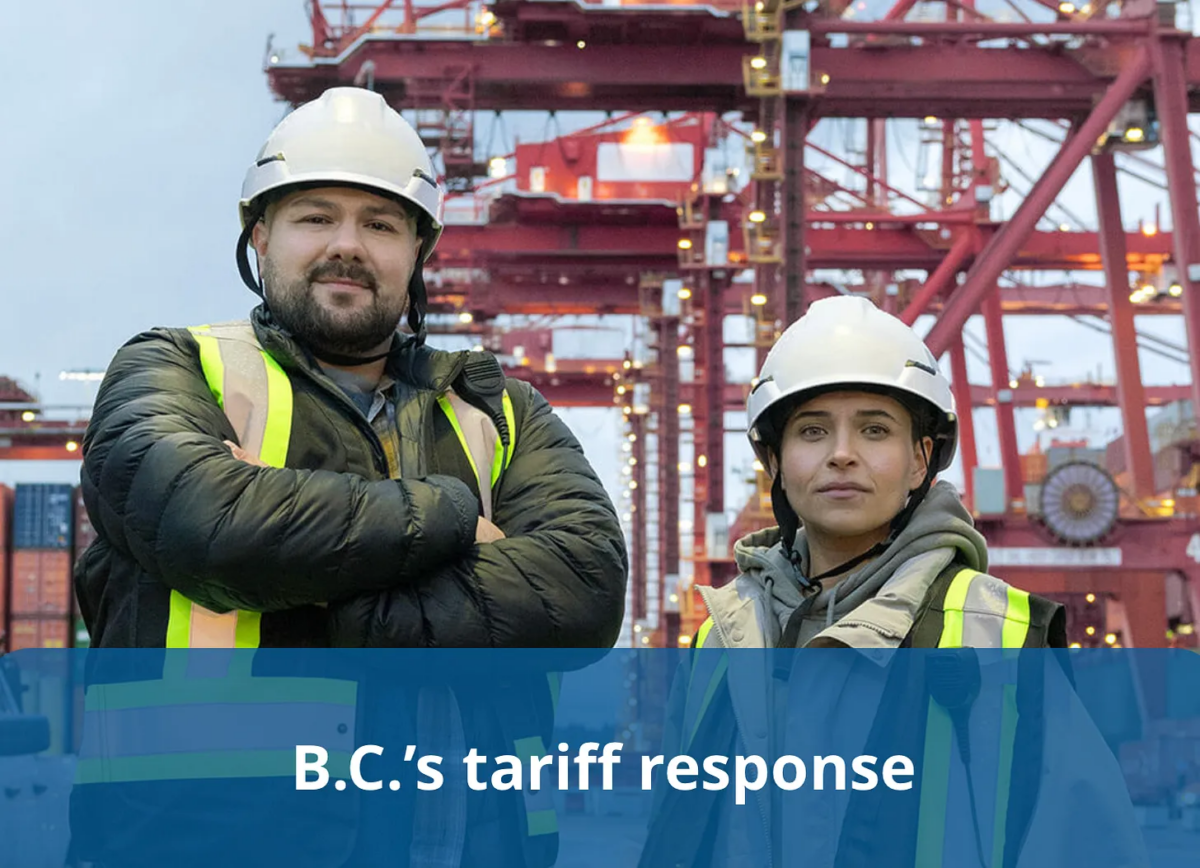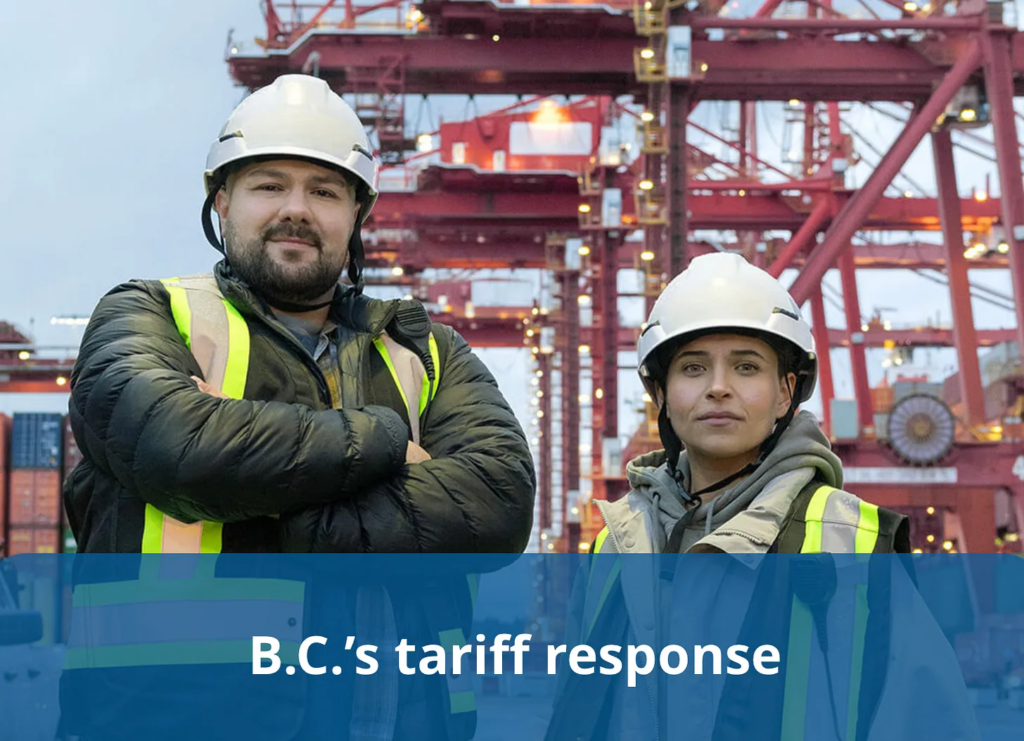When they were in power, they were too busy for Mark Carney’s real estate warning. Now they’re riding his coattails.
Bob Mackin
When Gregor Robertson was the Mayor of Vancouver and Christy Clark the Premier of British Columbia, both had no time for Mark Carney’s ominous luncheon speech about the state of Canada’s housing market.
Robertson is running for the Liberals in the April 28 election in Vancouver Fraserview-South Burnaby and Clark is promoting Carney and his candidates to voters.
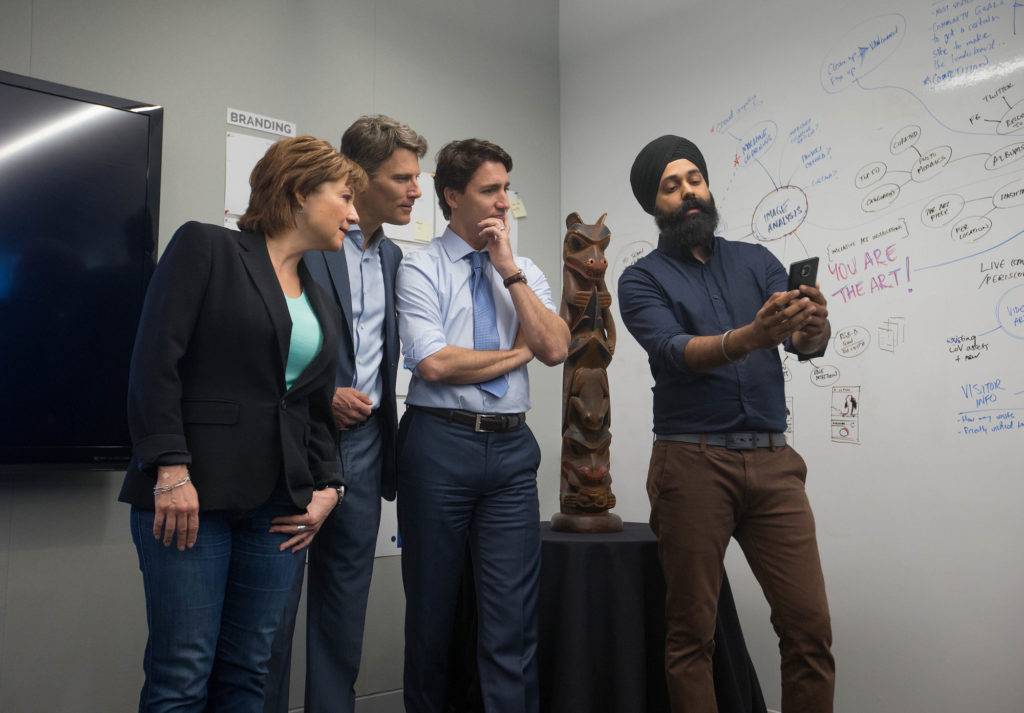
A June 2016 photo of Christy Clark (left), Gregor Robertson and Justin Trudeau at Microsoft in Vancouver (Microsoft)
On June 15, 2011, then-Bank of Canada governor Carney came to the Vancouver Board of Trade to warn of a clash between greed-fuelled speculators and investors and fearful citizens in search of affordable housing.
“The average selling price of a home in Vancouver is now nearly 11 times the average Vancouver family’s household income, a multiple similar to those seen in Hong Kong and Sydney – cities that have also become part of a more globalized real estate market,” Carney said in his speech.
In 2017, the Ministry of Finance in Clark’s BC Liberal government told Vince Gogolek, executive director of the B.C. Freedom of Information and Privacy Association, that it had no records about Carney’s appearance — even though it took place in the same office complex as Clark’s Vancouver office.
In 2018, city hall told Gogolek it checked with the Board of Trade, but “they do not have any record of city attendance at this event and therefore there are no responsive records.”
Later that day, Clark and Robertson had VIP tickets to witness the Boston Bruins upset the Aquilini-owned Vancouver Canucks and win the Stanley Cup.
Clark and Robertson eventually fell out of power after their policies to court real estate investment from Mainland China sparked an affordability crisis.
In 2017, Clark lost the B.C. premiership in a confidence vote. In 2025, she scuttled a run for the Liberal leadership, but opted to help the Carney campaign. She remains a senior advisor at the Bennett Jones law firm and director with alcohol and cannabis company Constellation Brands.
With his popularity in decline, Robertson did not run for re-election in 2018. He remains active in the Bloomberg-backed Global Covenant of Mayors for Climate and Energy and was executive vice-president of Nexii Building Solutions Inc. The Vancouver company purported to be worth $1 billion in 2021 was sold by court order last June for $500,000 plus more than $22 million in assumed liabilities. NBSI supplied a made-in-Squamish, low-carbon concrete panelling alternative to Wal Mart and Starbucks.
NEW: Subscribe to theBreaker.news on Substack. Find out how: Click here.
Bob Mackin When Gregor Robertson was the Mayor







